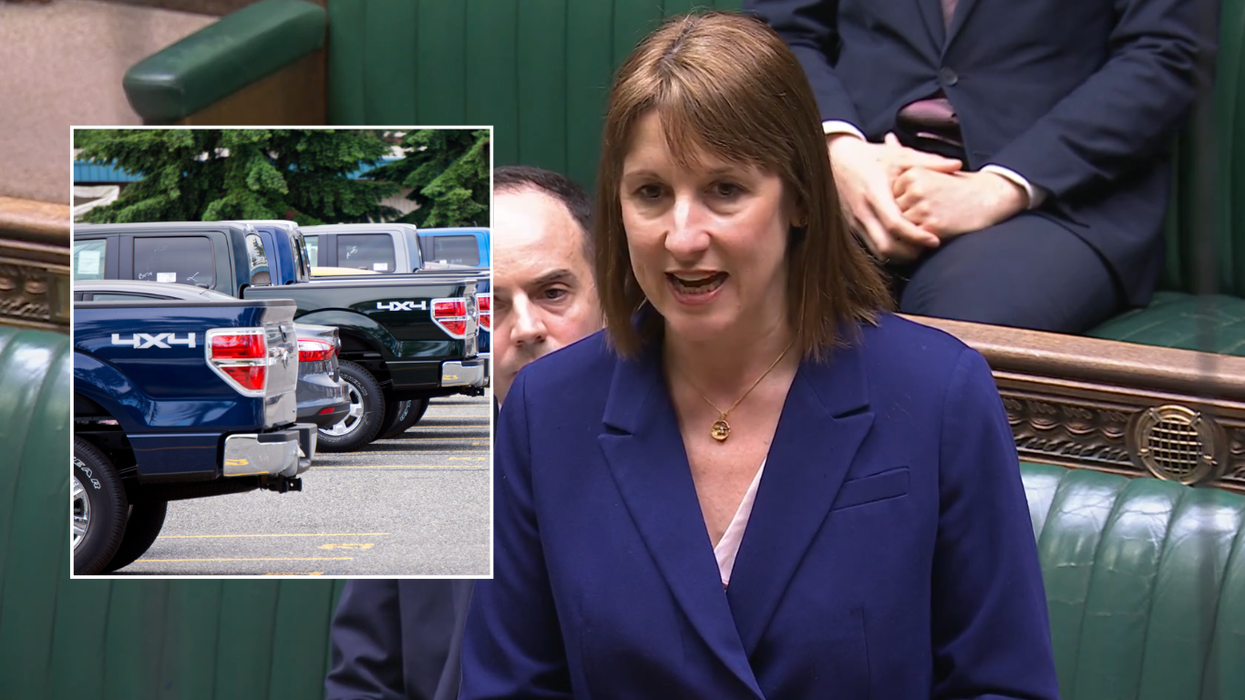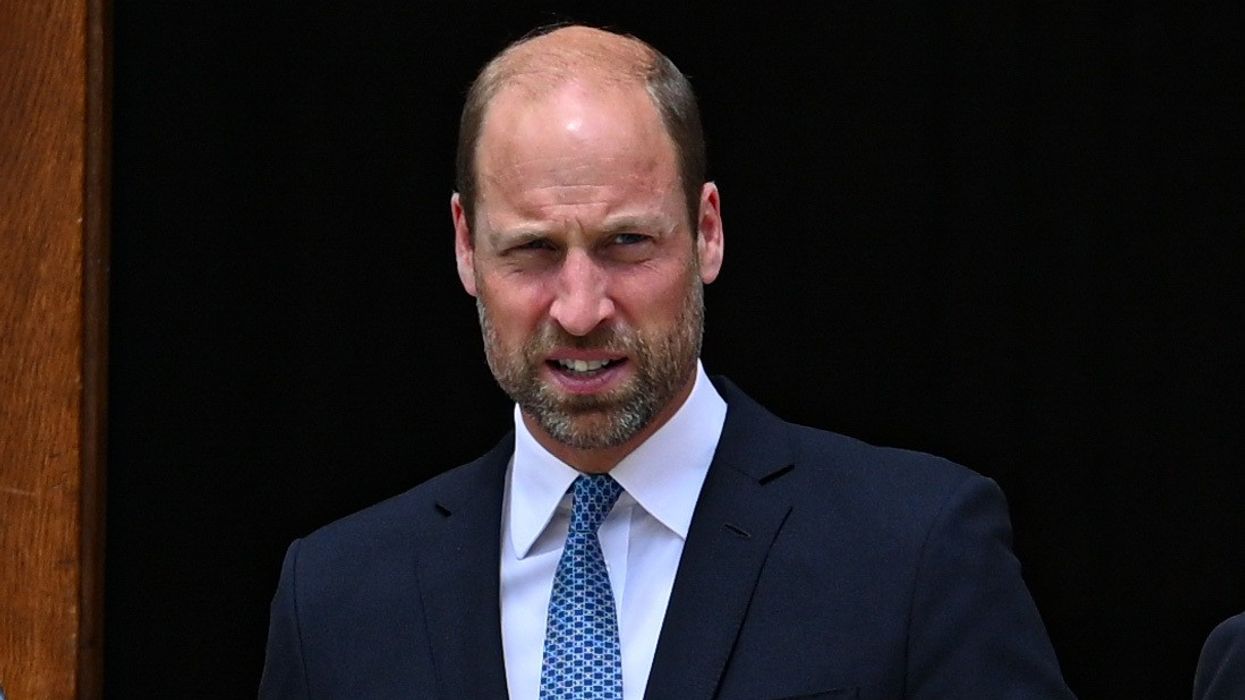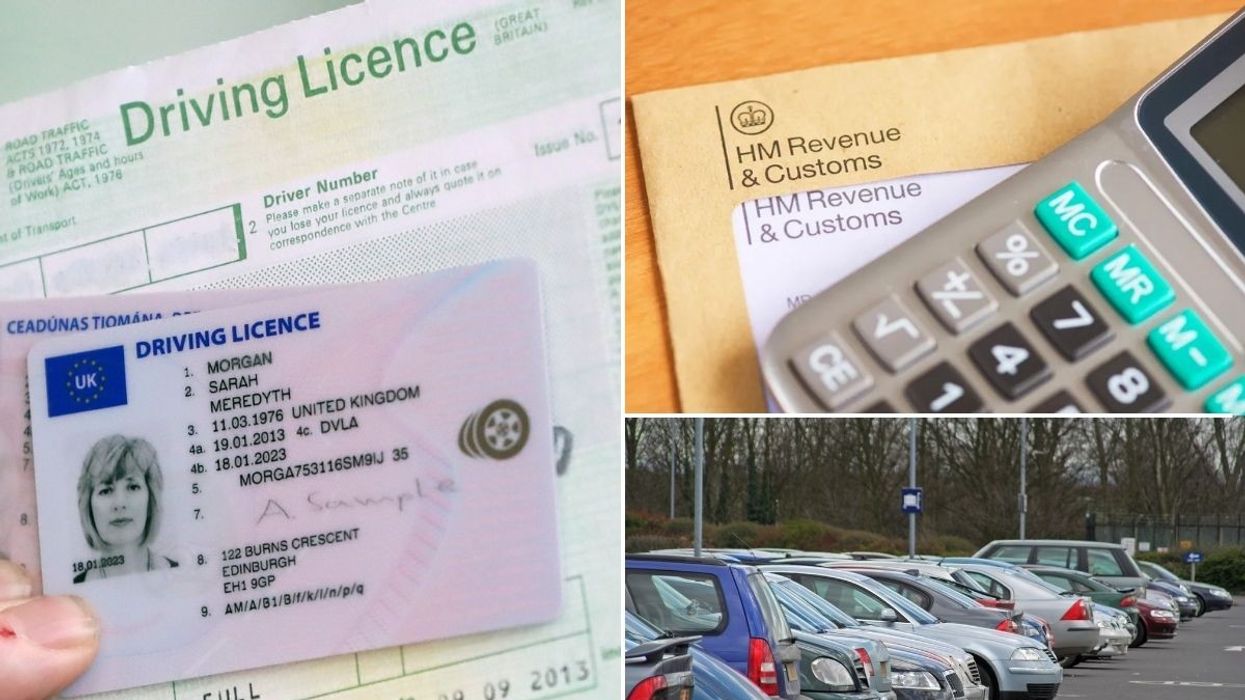New pension 'megafunds' will unlock billions, says pensions minister
GB News
The new rules form part of wider reforms aimed at funnelling more UK pension money into domestic investment projects
Don't Miss
Most Read
A new pension law could force workplace schemes to invest in riskier assets, raising fears that savers may see lower returns in retirement.
The Pension Schemes Bill, expected to become law next year, would give regulators the power to make defined contribution pension schemes invest some of their funds in private markets.
These include investments such as infrastructure or early-stage companies. At the moment, these types of investments are voluntary.
The Government says the change will boost long-term growth and help modernise the pension system. However, the move has raised concerns, with critics saying it could lead to poorer outcomes for savers and reduce trust in pensions.
"The provision isn't framed as a reserve power and doesn't promise that there won't be detriment to pension savers," said Charles Randell, former chair of the Financial Conduct Authority.
The bill also introduces a new requirement. Workplace pension schemes must hold at least £25 billion in their default funds by 2030. They may have until 2035 if they can show a credible plan to reach the threshold.
In 2023, 17 of the UK’s largest pension providers signed the Mansion House Accord. They pledged to invest at least five per cent of assets in private markets by 2030, but only if the investments were attractive.
Now there are concerns that this voluntary target could become mandatory.

Savers risk 'poorer returns' under new rule as retirement pots come under threat
GETTYZoe Alexander, director of policy at the Pensions and Lifetime Savings Association, warned that the bill's drafting "could see the voluntary commitments of the Mansion House Accord become a regulator-led condition for approval".
"This is a pity, given the case for the intervention doesn't seem to be very convincing in the first place. I worry that this could undermine trust in pension saving," Randell added.
The Pensions and Lifetime Savings Association has echoed these concerns, with Alexander stating that state intervention in investment decisions "could erode trust and potentially lead to poorer returns".
LATEST DEVELOPMENTS:
- What Reform's Doge unit has uncovered is about to make Labour councillors look very foolish - Ann Widdecombe
- REVEALED: The 10 Cabinet Ministers at risk of being toppled by Nigel Farage's turquoise tsunami as Reform storms into 9-point lead
- EXPOSED: EU to impose sweeping new regulation on the WHOLE of Britain in just 24 hours
- MAPPED: Five London boroughs where Reform UK is set to deal 'a lot of damage' to Labour and Tories
- POLL OF THE DAY: Do you think the Prime Minister's welfare concessions will appease his party's rebels? VOTE NOW

The reforms are part of the Government’s wider plan to simplify the UK’s pension system and encourage more investment in British businesses
GETTYThe reforms are part of the Government’s wider plan to simplify the UK’s pension system and encourage more investment in British businesses.
However, the Government’s own research shows that pension funds with private market investments only perform slightly better than others, raising doubts about how much savers will really benefit.
The Treasury has defended the measures, stating the power to set asset allocation targets is "there as a backstop" and adding "we do not expect to have to use it because we're confident that schemes are now moving in the right direction, towards a greater focus on diversification and investment returns for savers".
 More details on how the policy will be implemented are expected in the coming monthsGETTY
More details on how the policy will be implemented are expected in the coming monthsGETTYA source close to the Treasury said the power to force investment changes would not automatically be used when pension schemes apply to meet the £25 billion target.
The Government admitted the rules were "insufficiently clear" and said it would consider making changes to the wording if needed.
The power to set investment rules - the sunset clause - will expire in December 2035 if it has not been used by then.




































